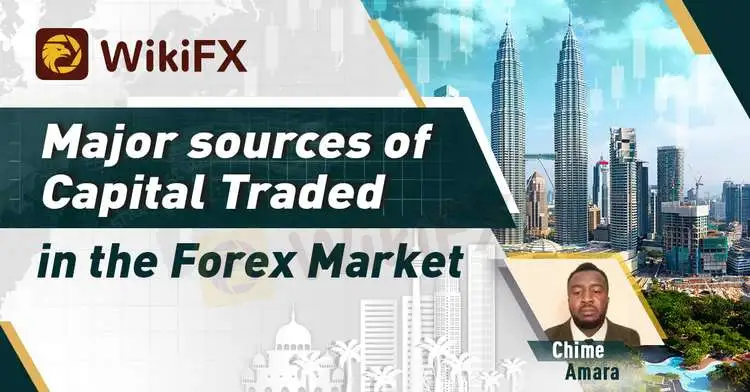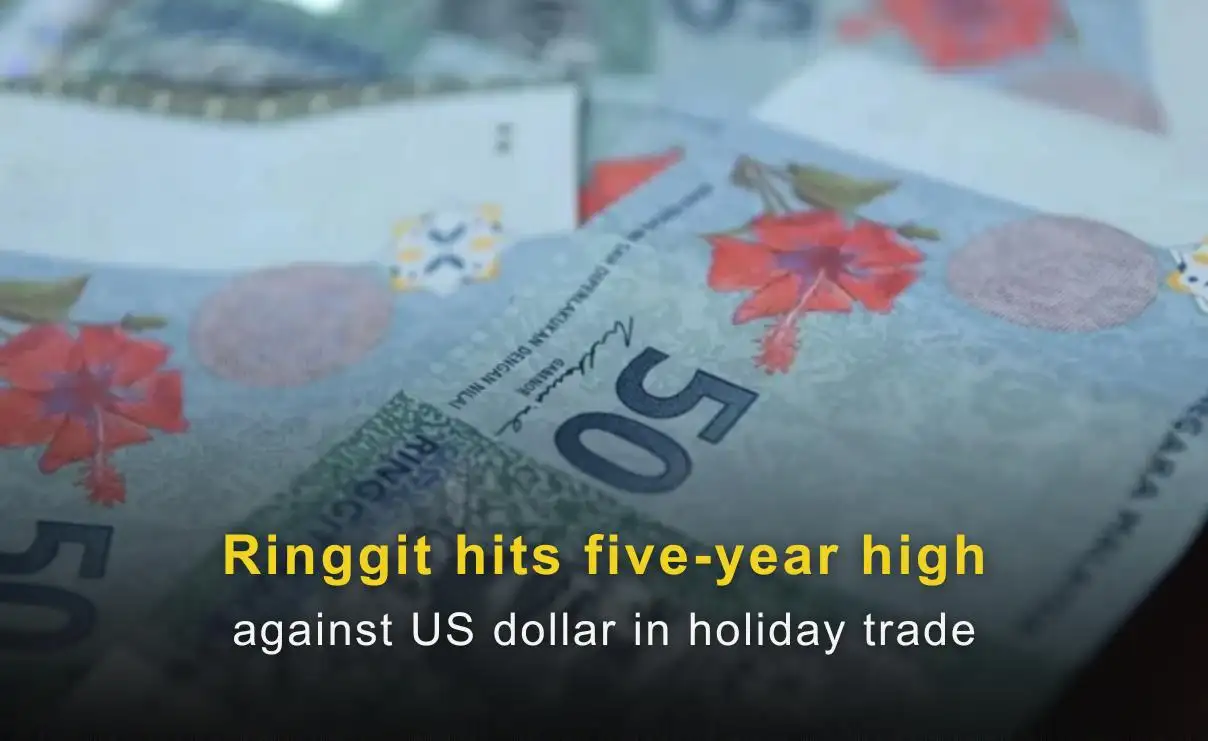Abstract:Very often many traders get curious when they hear that the forex market has the largest amount of capital investment in the world with over 6.2 Trillion dollars invested and roughly 1.5 Trillion dollars traded daily. Some pause to argue where these large capitals come from. To this end, we have discussed extensively in the article, the major sources of the Capital traded in the forex market today.

By: Chime Amara

Major sources of Capital traded in the forex market.
There are mainly six major contributors of the capital traded in the forex market today. These players encompass both the big banks, institutions, government, hedge fund and retail traders. Below is the list of these players in the forex market today:
· Central Banks: The Central Banks are the liquidity providers in the forex market. They set the rate at which various currencies could be exchanged. The reason why they are called liquidity providers owes to the fact that they supply the commercial banks with the foreign currencies to be exchanged at the counter (OTC).
· Commercial Banks: Commercial banks are no doubt the biggest players in the forex market today. They contribute over 70% of the capital traded in the forex market. Their positions move the market more than any other. Hence, most retail traders tend to study the direction taken by these banks to guide them in making their own decisions. The major commercial banks are in the industry are: Citi Bank 6.9%, JP Morgan 7.9%, UBS 6.2%, Barclays Bank 5.7%, Deutsche Bank 7.2%, BAML 4.2%, Goldman Sachs 8.3%, HSBC 7.3%, Morgan Stanley 8.2%, XTX Markets 5.1%, etc.
· Government: Government bodies are the third significant players in the forex market today. They contribute over 8% of the capital traded in the forex market. They are often long-term investors. Often they preserved the country's savings in different currencies to hedge against inflations.
· Hedge Fund: This is made up of a large sum of money contributed by individuals and given to an expert to trade on their behalf and deliver profits to the owners. The total amount contributed by these wealthy individuals is often so large; measuring over 5% of the capital traded in the forex market today.
· Institutions: Many big firms are known to participate in the forex market. Through forex trading, various institutions can beat inflations and sustain their business. Also, multi-national corporations can maintain their branches in different countries through forex trading. Over 3% of the capital traded in the forex market today comes from these institutions.
· Retail/Individual Traders: Individual traders constitute the largest population of participants in the forex market today. They provide the least capital in the market despite having the largest number. Often only 1% of the capital traded in the forex market today comes from the individual. The reason is understandable as virtually every trader leaves 90% of their capital with the commercial banks while investing with the rest. The bank in return now has large capital at its disposal to participate in the forex market.











